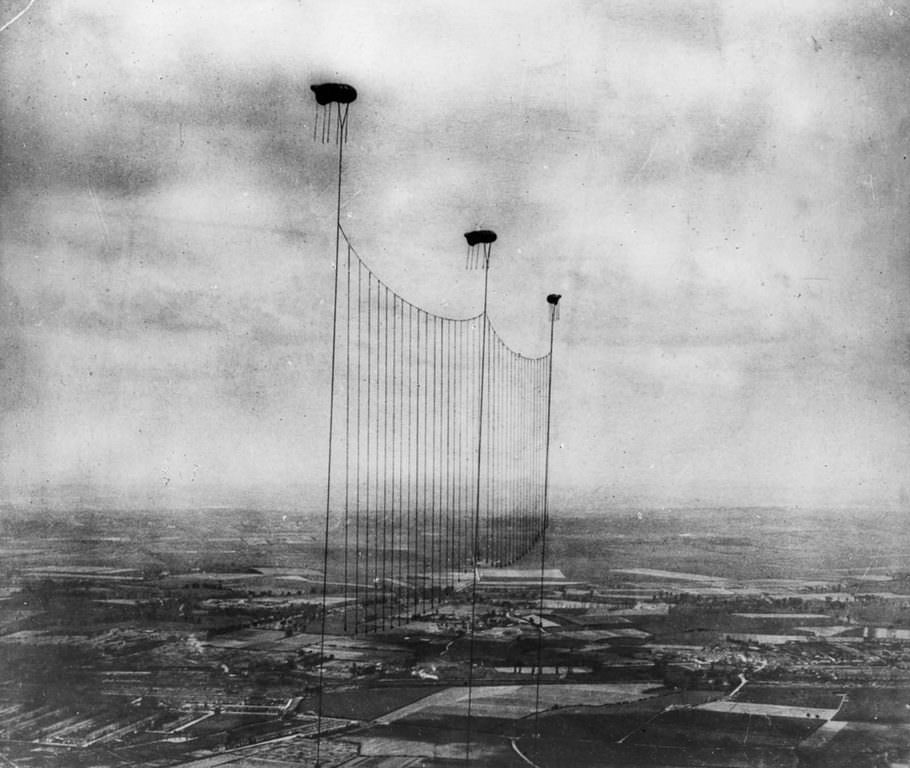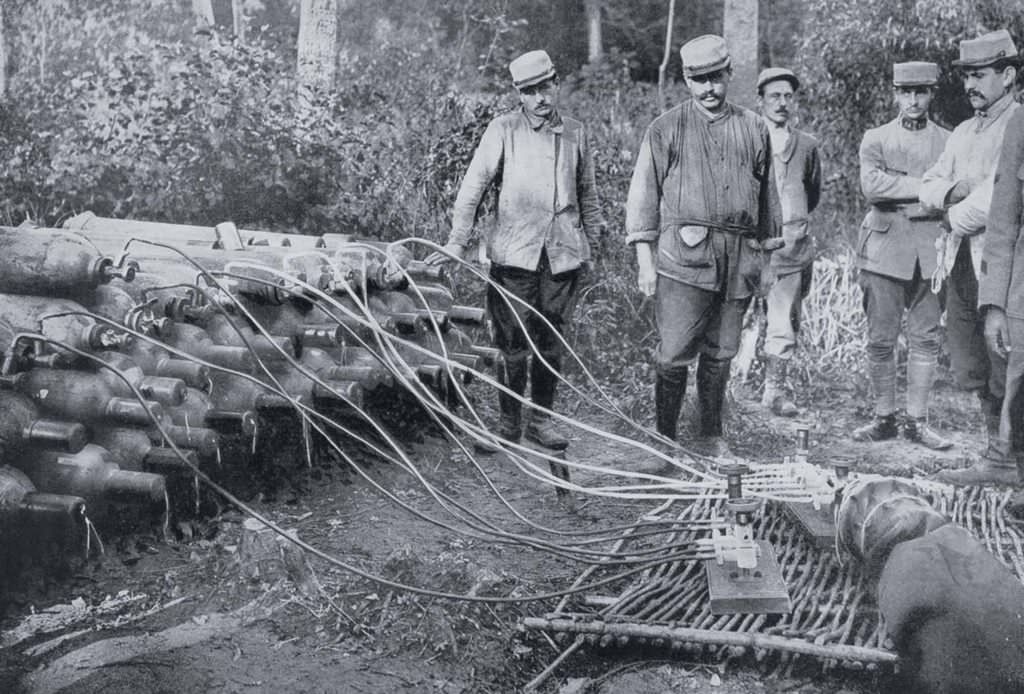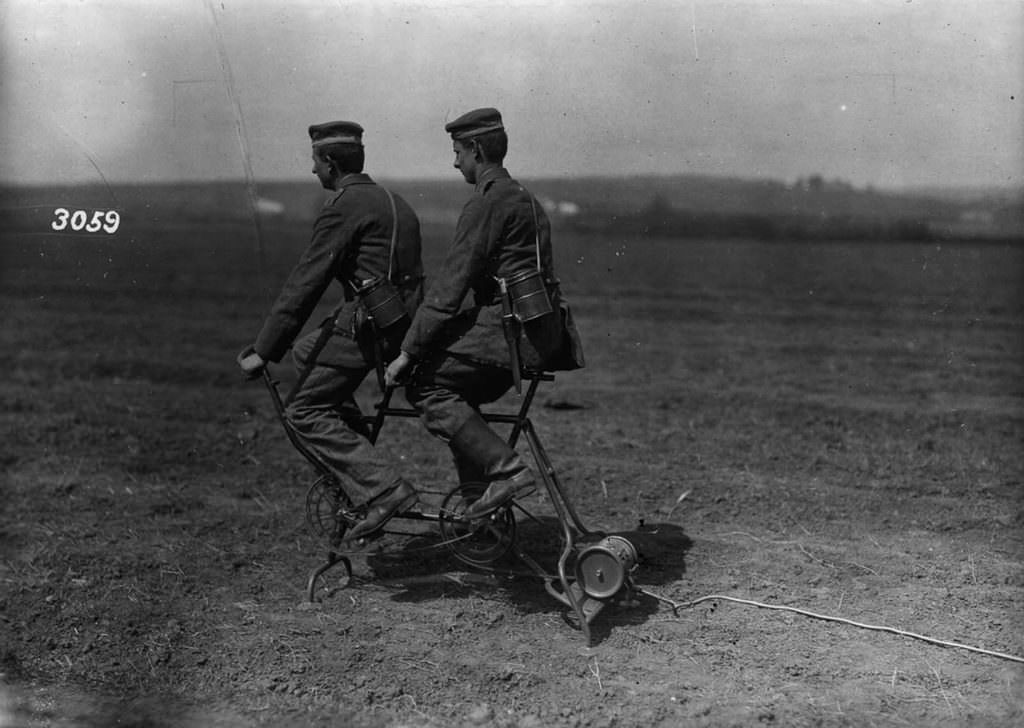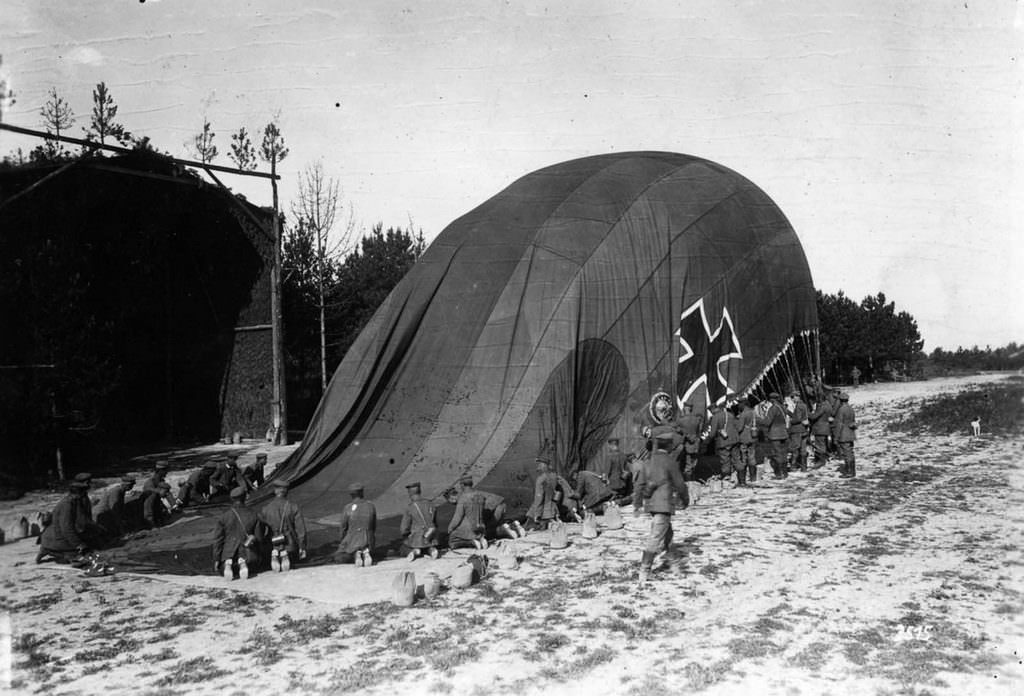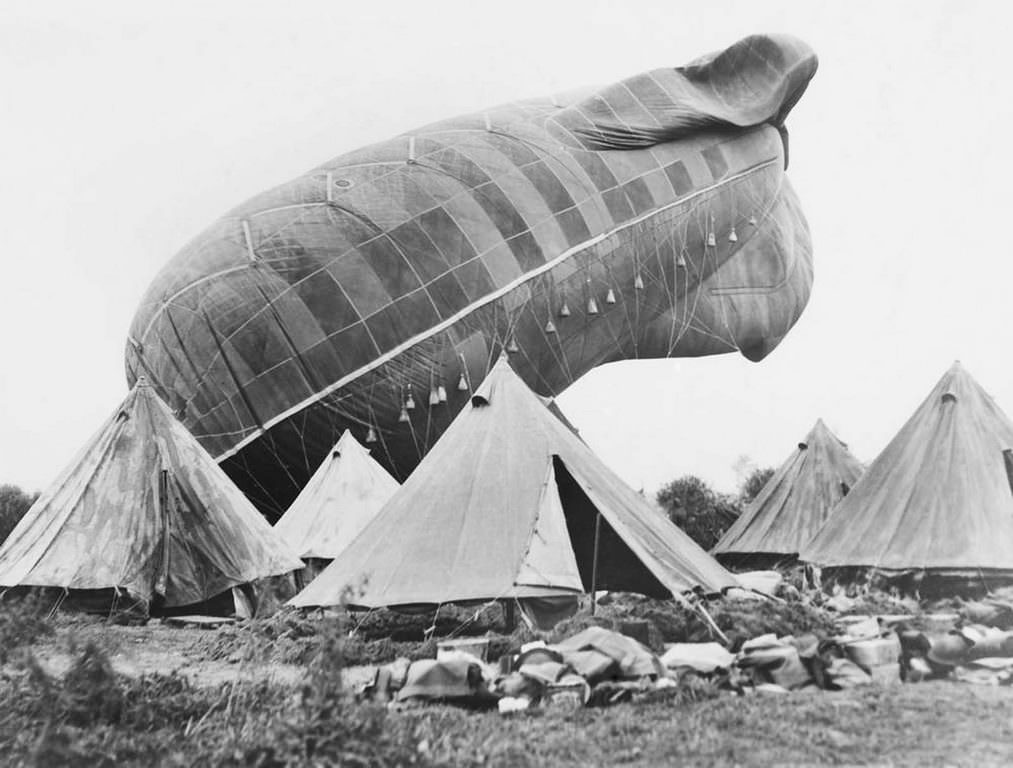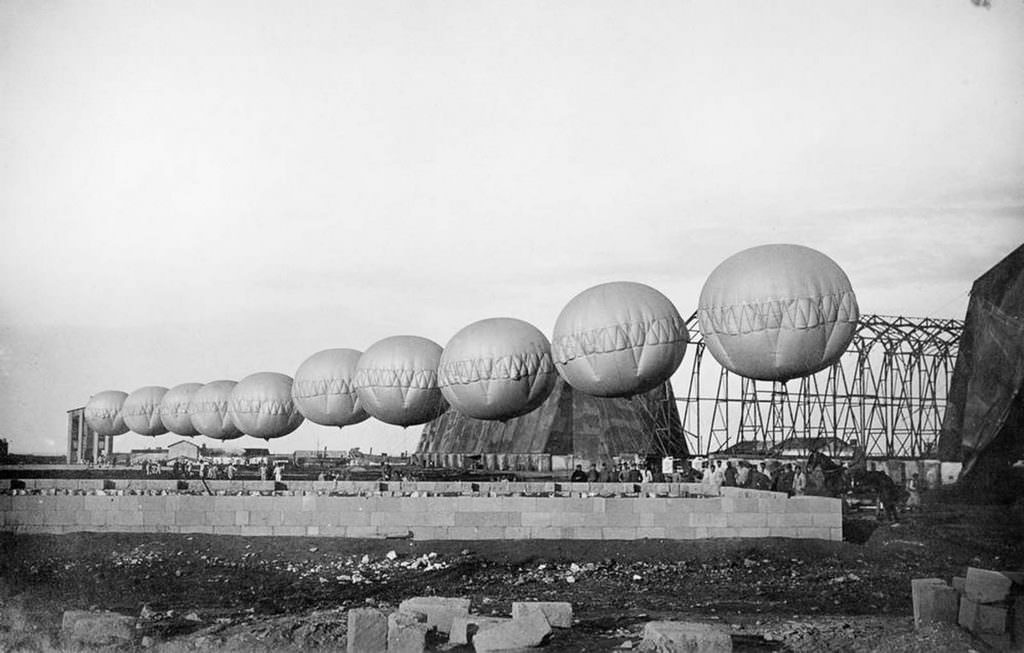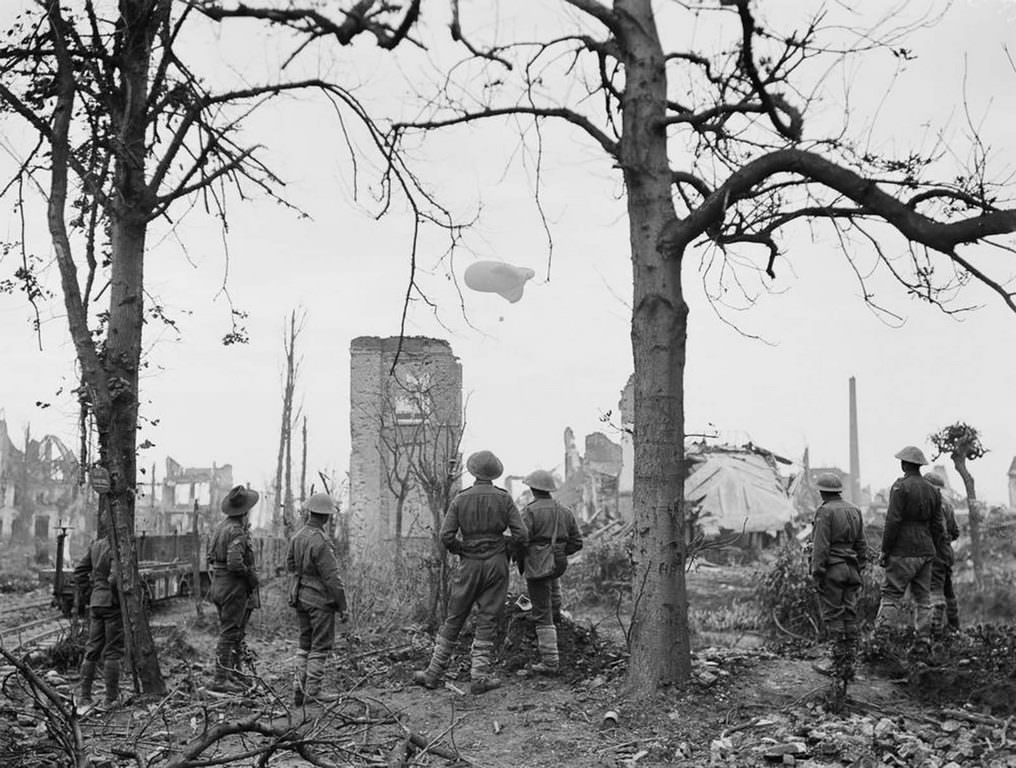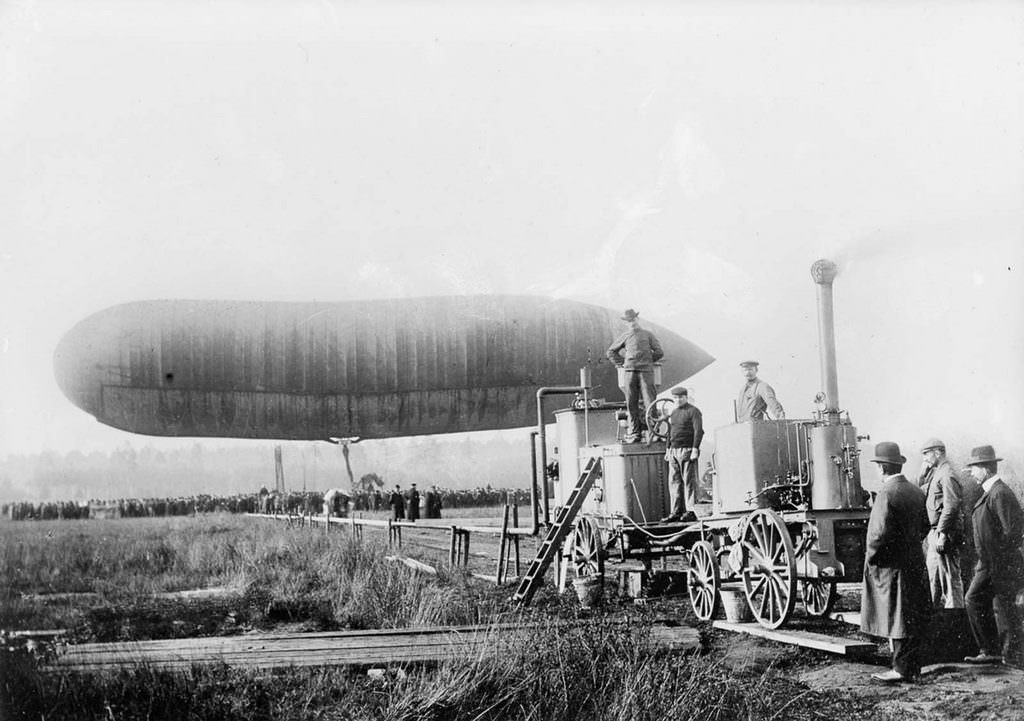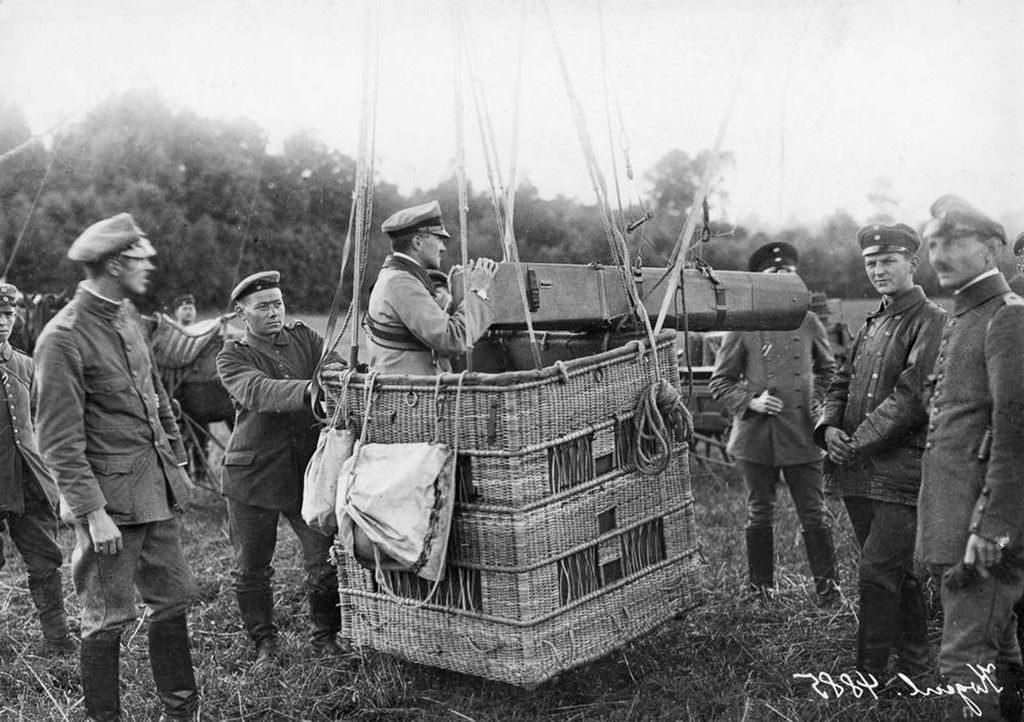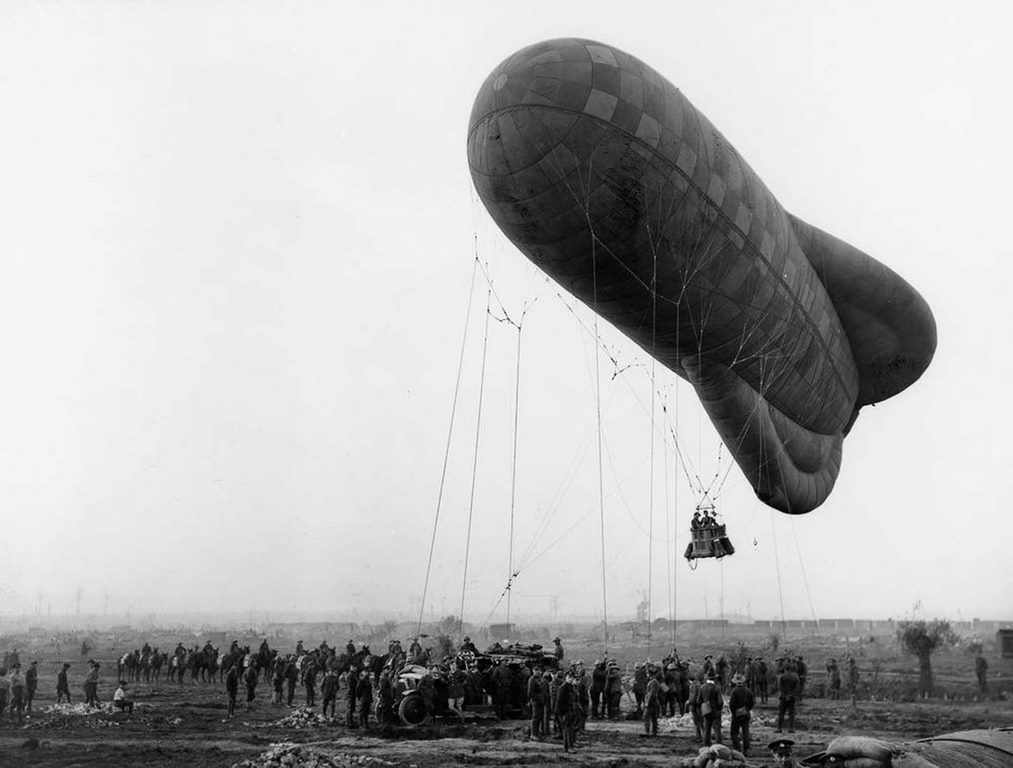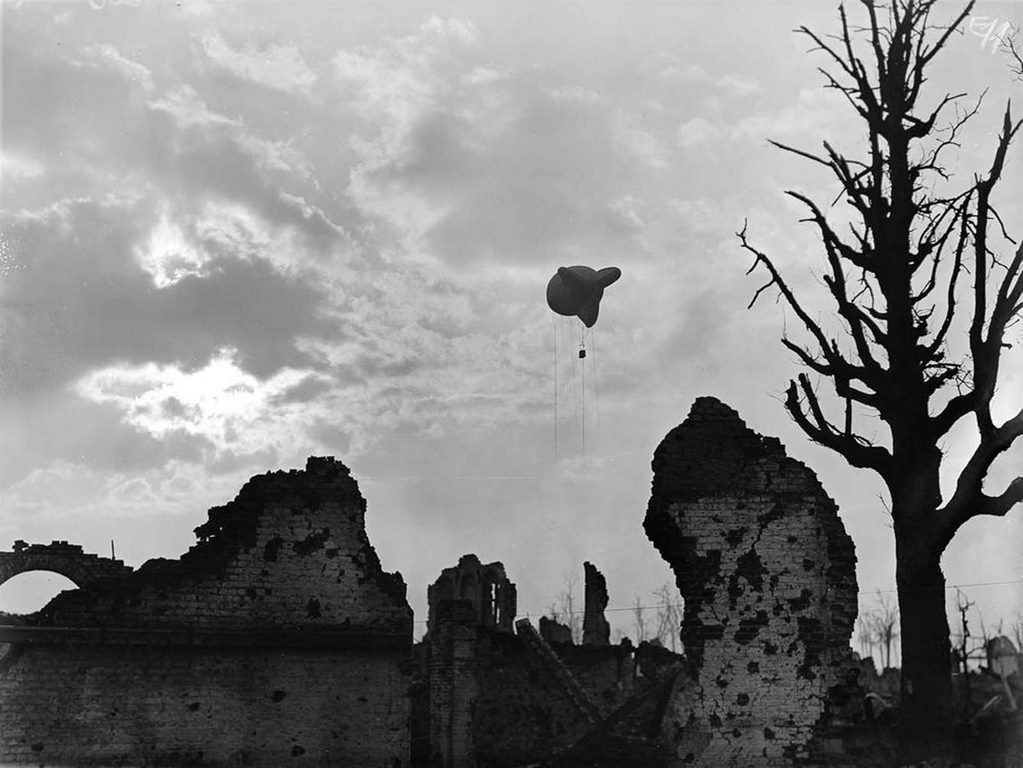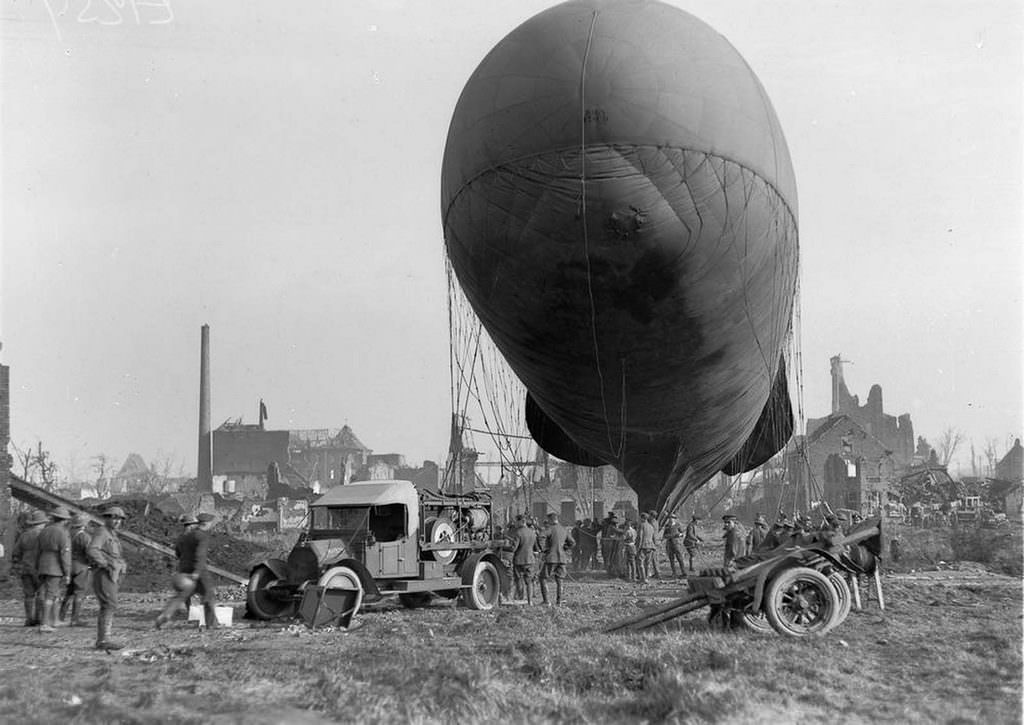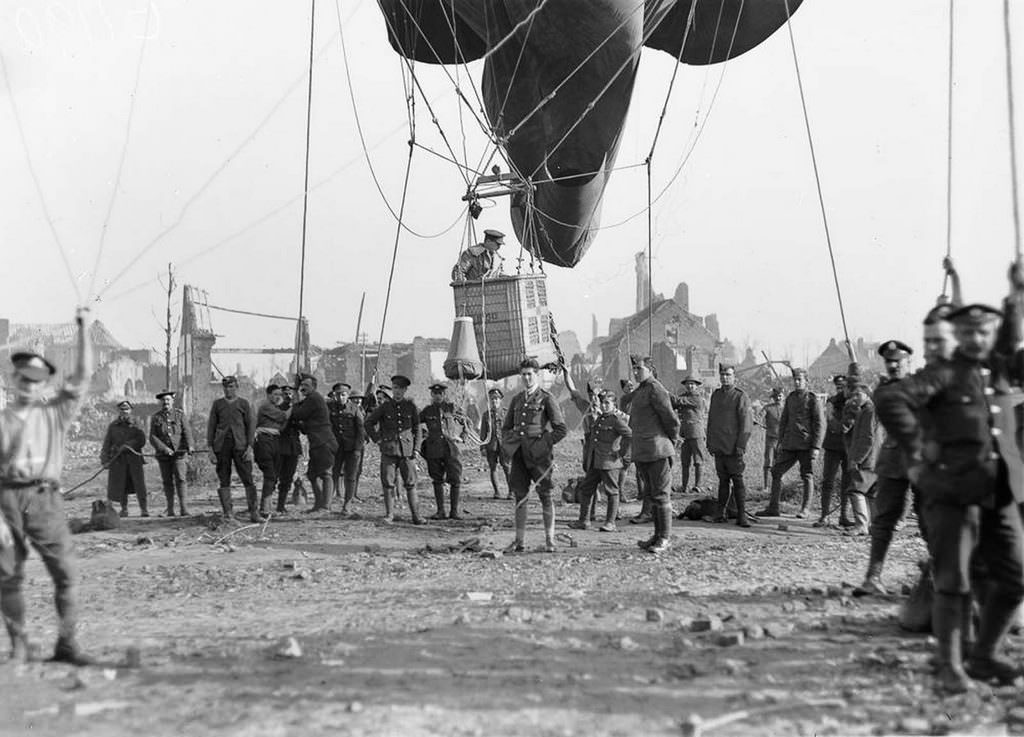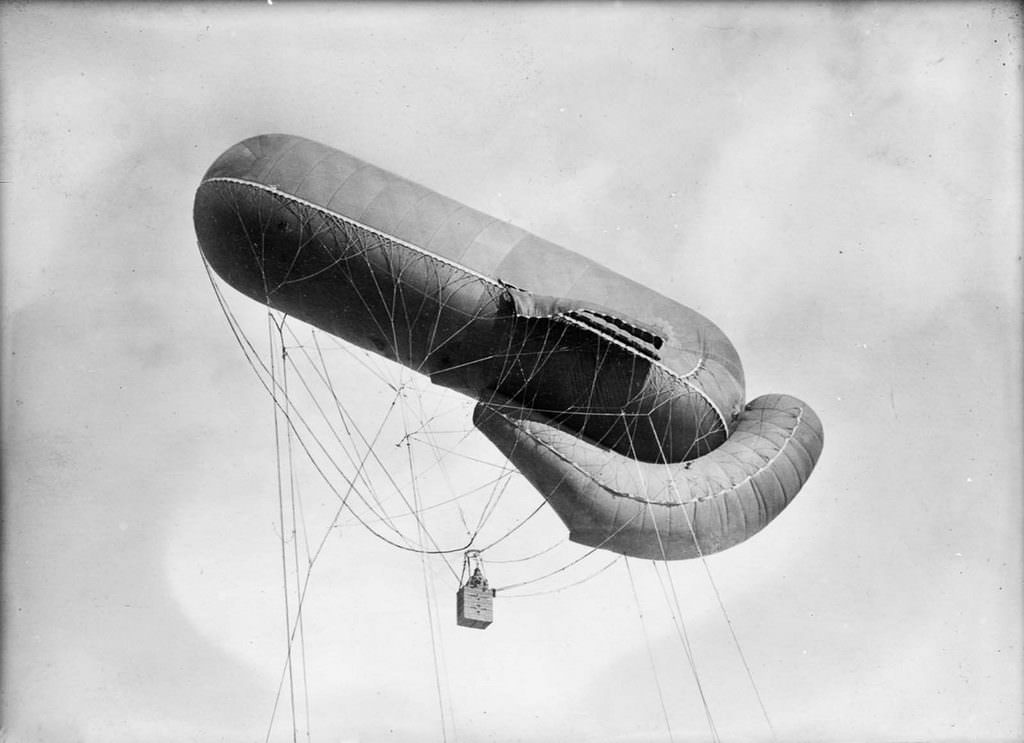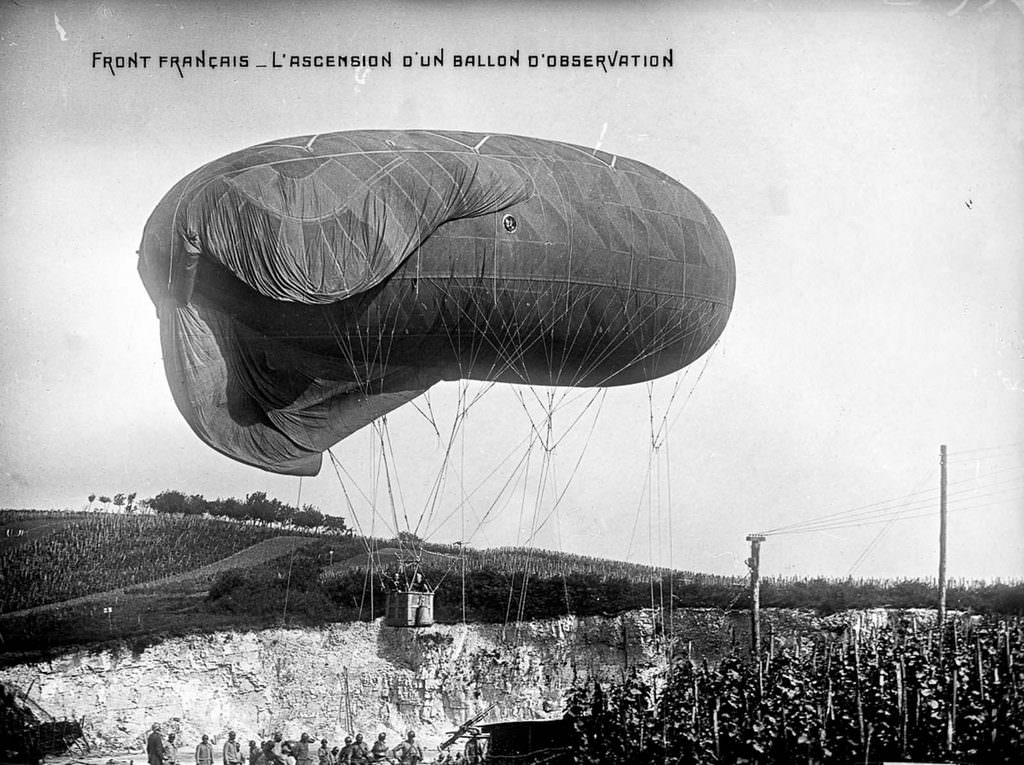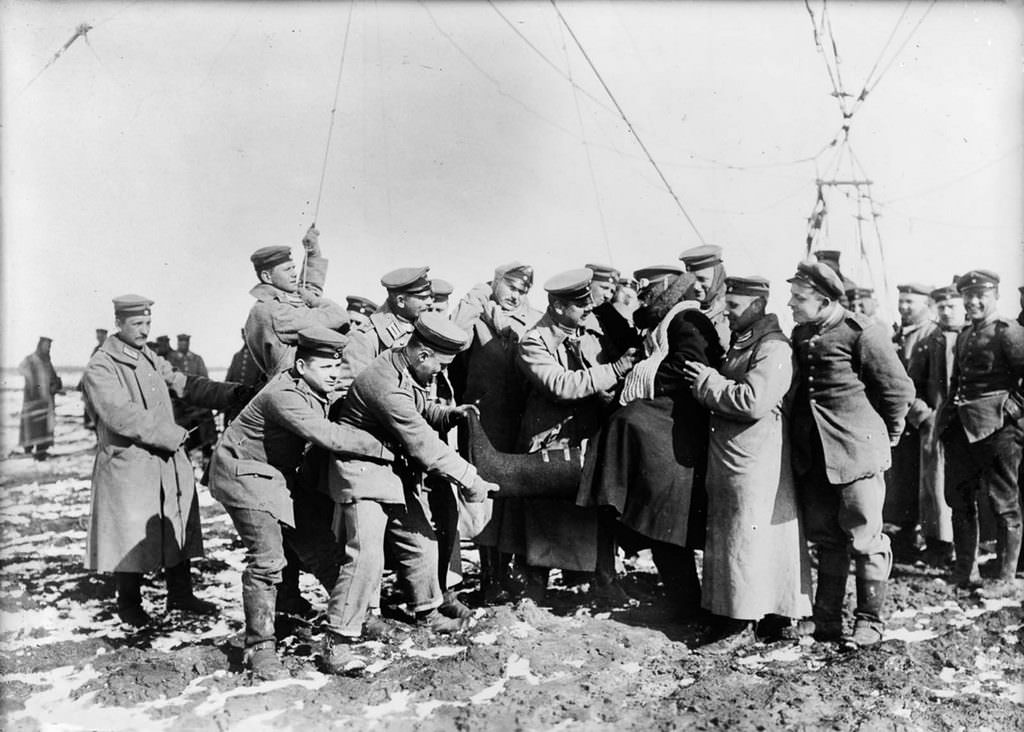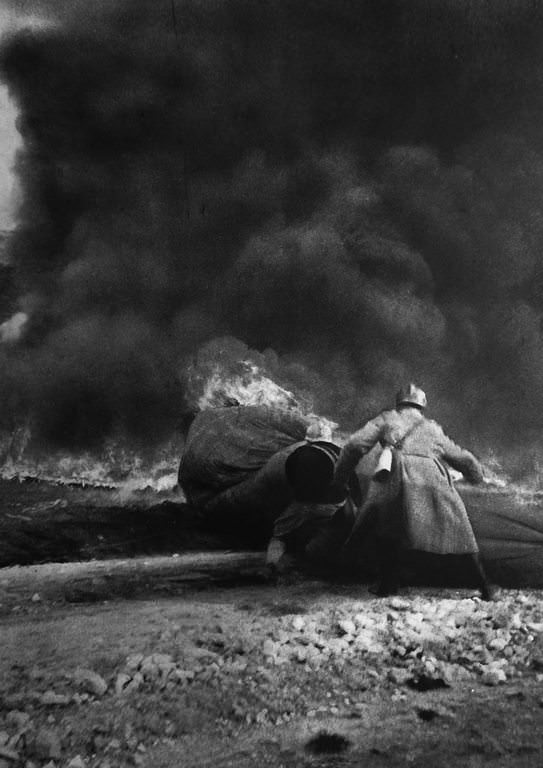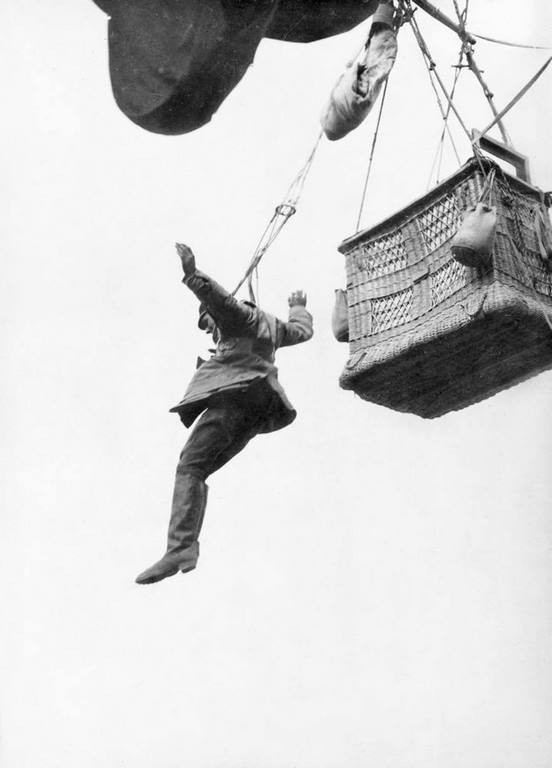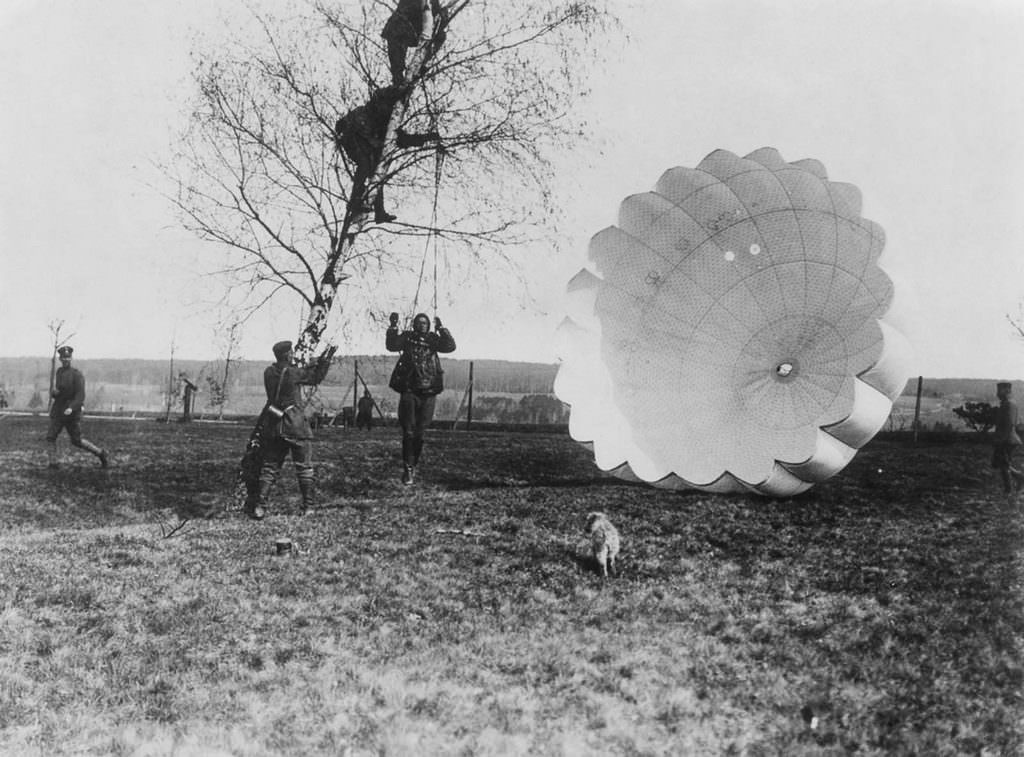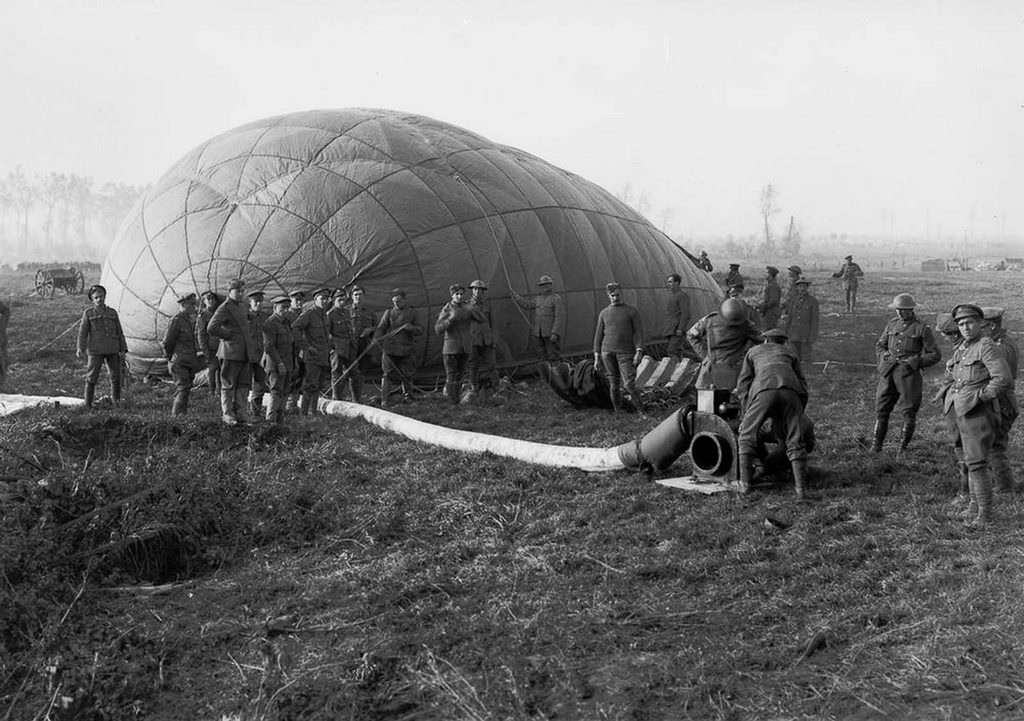Information about the enemies’ position is incredibly essential in all types of warfare such as aerial warfare, naval warfare, and land warfare. All major military powers use reconnaissance satellites, surveillance drones, and many other types of spies to take edge over the enemies. Before the satellites and drones, all the major combatants used observation balloons to record their enemies’ movement. They played a major role in aerial ware in World War I.
The first use of Observation balloons in history
French Aerostatic Corps used the observation balloons for the first time in history during the French Revolutionary War in 1974. They were also used by both Union and Confederate armies during the American Civil War. The oldest preserved military observation balloon is on display in a Vienna museum.
Military Observation balloons during WWI
These operation balloons were used for directing artillery, observing the ground, and seeing beyond the visual range which is very essential for artillery. They were linked to ground by telephone or radio and they enabled the artillery to take advantage of increasingly large guns with vastly longer ranges. During the Great War British military used old spherical balloons and more advanced types, known as Kite balloons, which could operate in more extreme weather. The Germans also developed the Parseval-Siegsfeld type balloon, and the French soon responded with the Caquot type.
Typically, the balloons were tethered to a steel cable attached to a winch that reeled the gasbag to its desired height and retrieved it at the end of an observation session.
Defense against Observation Balloons
The military used several weapons to destroy the balloons in the air and stop the enemies to record the locations. They used anti-aircraft guns, machine guns, and patrolling fighter aircraft. Attacking a balloon was a risky venture but some pilots relished the challenge. They were known as balloon busters, including such notables as Belgium’s Willy Coppens, Germany’s Friedrich Ritter von Röth, America’s Frank Luke, and the Frenchmen Léon Bourjade, Michel Coiffard, and Maurice Boyau.


